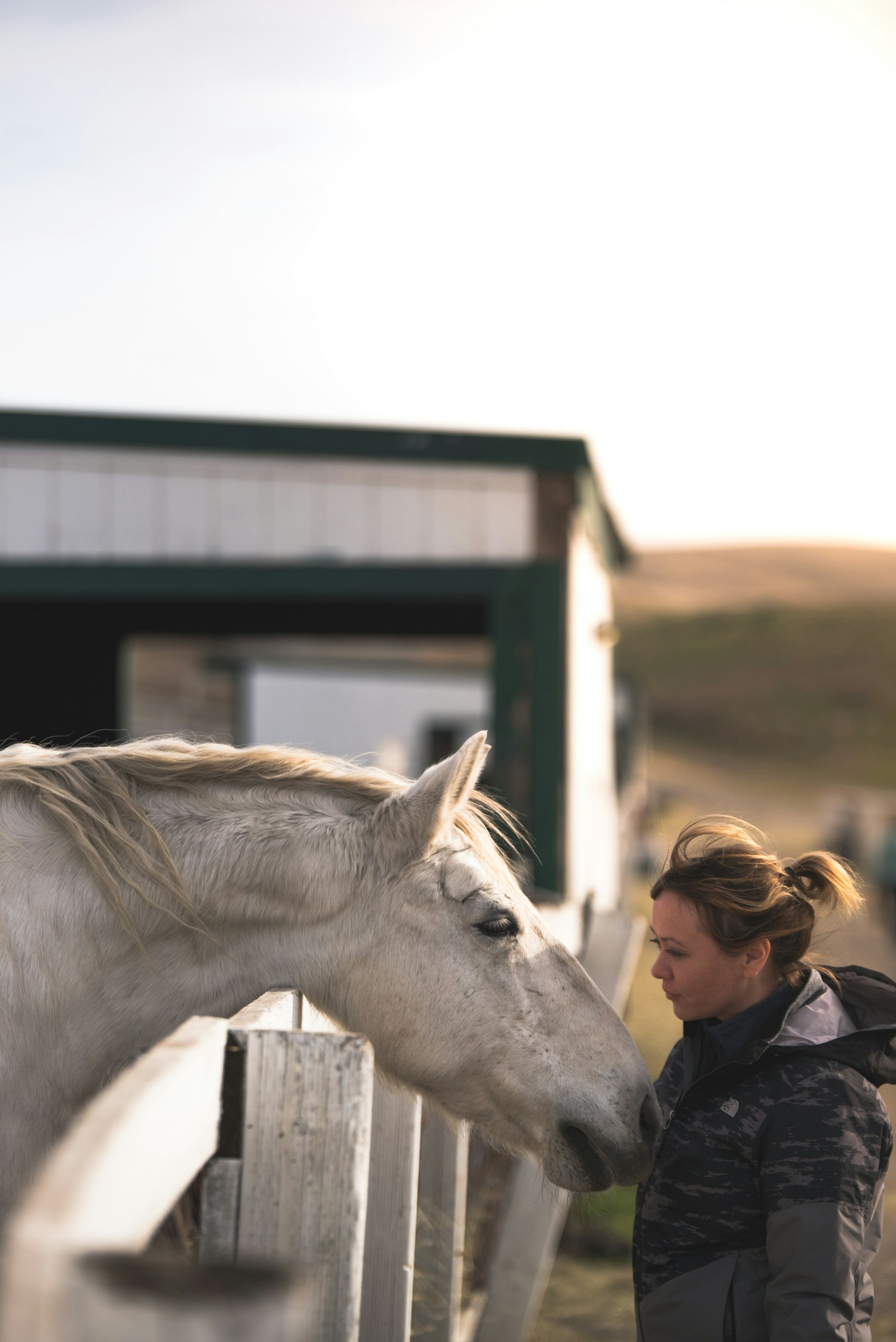
Is FIRE Still Achievable for Veterinarians in 2025?
The Financial Independence, Retire Early (FIRE) movement has gained traction among high-earning professionals, but veterinarians—facing student debt, rising practice costs, and moderate salary growth—often wonder if early retirement is still realistic.

Prevalence of ear disease in cats undergoing cone beam computed tomography for dental procedures
Ear disease in cats is often underdiagnosed, yet it can significantly impact their health and well-being. This prospective, cross-sectional study investigated the prevalence of incidental ear disease in feline patients undergoing cone beam computed tomography (CBCT) for dental procedures. The findings provide new insights into the frequency of ear abnormalities detected during advanced dental imaging.

Barbie’s Neurology Journey: How a Cuban Immigrant Became a Veterinary Anesthesia Advocate
The hum of the MRI machine fills the room as Barbie Santiesteban carefully adjusts the positioning of Gizmo, a dachshund paralyzed from intervertebral disc disease. This scan marks a critical step before the dog undergoes a life-changing hemilaminectomy. As a Certified Veterinary Technician in neurology at Southeast Veterinary Neurology, Barbie has prepared hundreds of patients for complex surgeries, but she never takes these moments for granted.

Dog’s Close Call with Salmon Poisoning Disease Shocks Owners but Raises Awareness
Ollie, a 7-year-old chocolate Labrador retriever, lives his best life with owners Sarah Christie and Dan York of Sacramento. He enjoys plenty of outdoor activities, especially on hunting trips with York or to the family’s second home in Del Norte County in northwest California. But a recent health scare with Ollie alerted Christie and York to a disease they never knew existed and will make their awareness of Ollie’s outdoor activities keener.

Cornell Equine Advancing Research, Training and Community for Horse Health
A new Cornell initiative aims to make a positive impact on horses worldwide. Cornell Equine is a university-wide collaboration between equine researchers, educators, practitioners and athletes at the College of Veterinary Medicine (CVM), the College of Agriculture and Life Sciences (CALS) and Cornell University Athletics and was launched at the end of 2024.

Cornell helps aging dogs increase their quality of life
TUG stands for “timed up and go.” It’s a test derived from human medicine, timing how long it takes someone to get up from a chair, walk a distance, turn around and sit back down. Chris Frye, D.V.M. section chief of the Sports Medicine and Rehabilitation Service, is senior author on a paper in the American Journal of Veterinary Research that establishes TUG as the first practical and reliable functional test of canine geriatric mobility.

